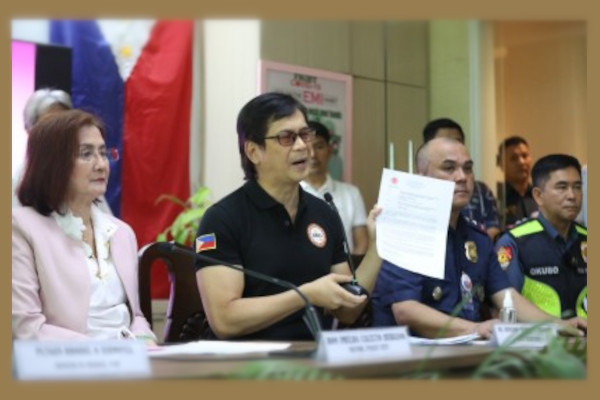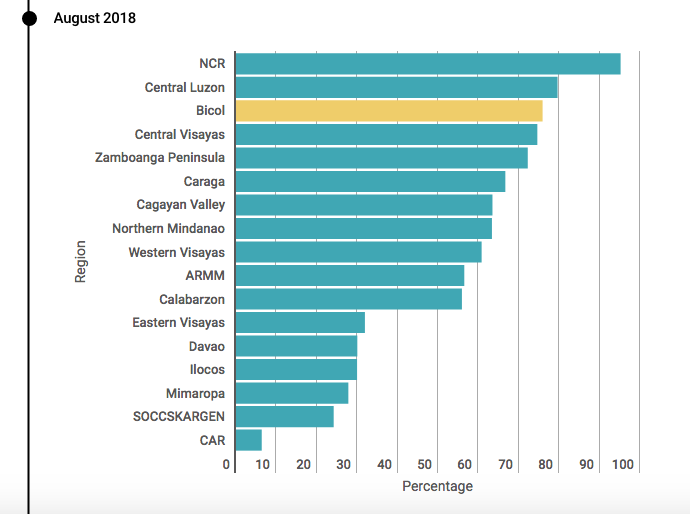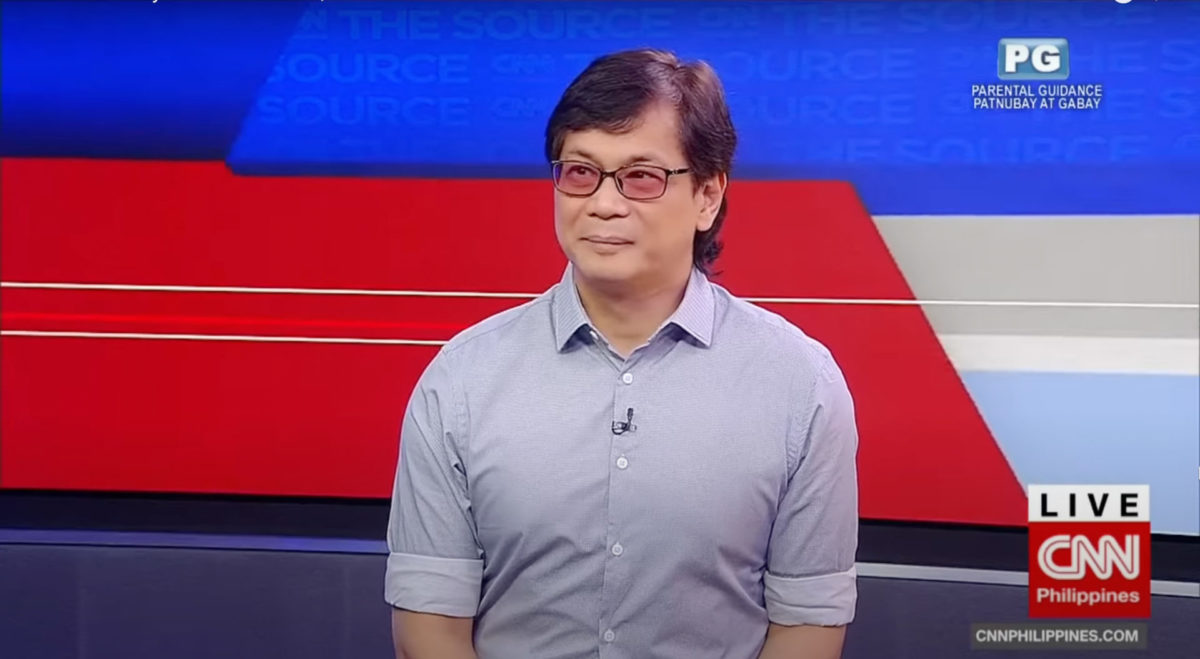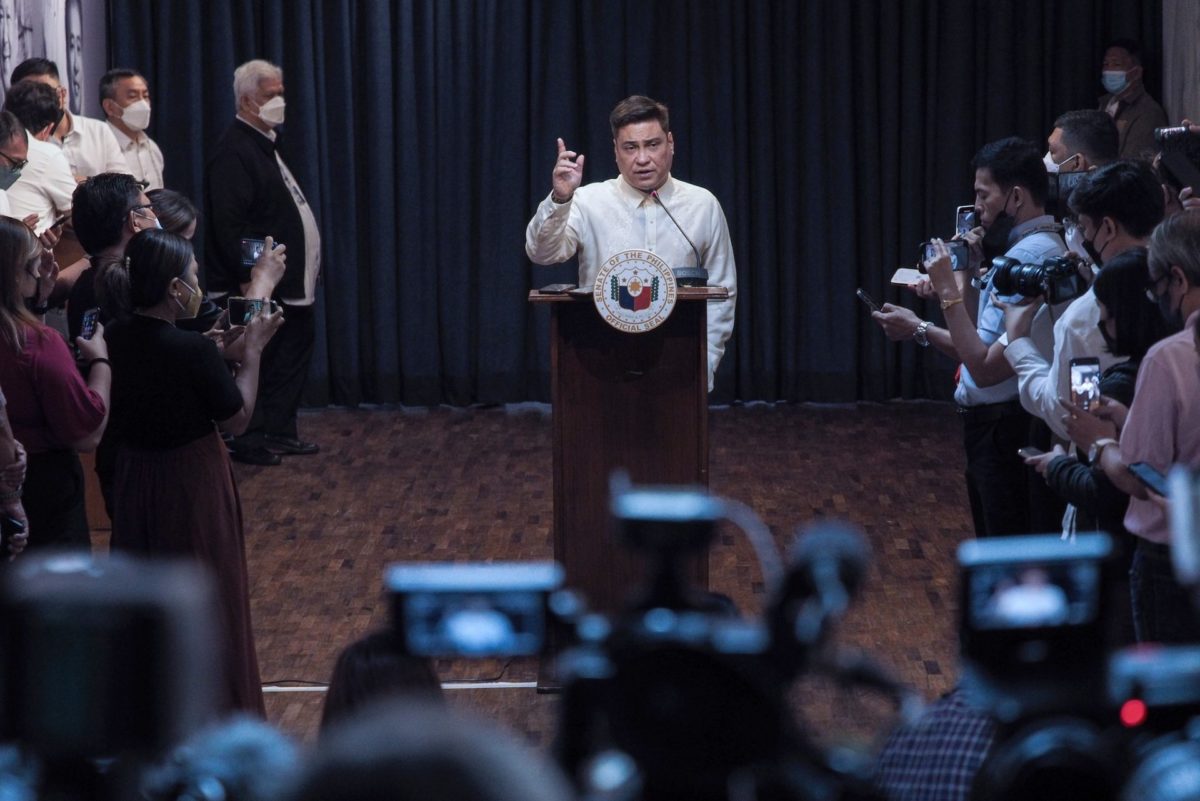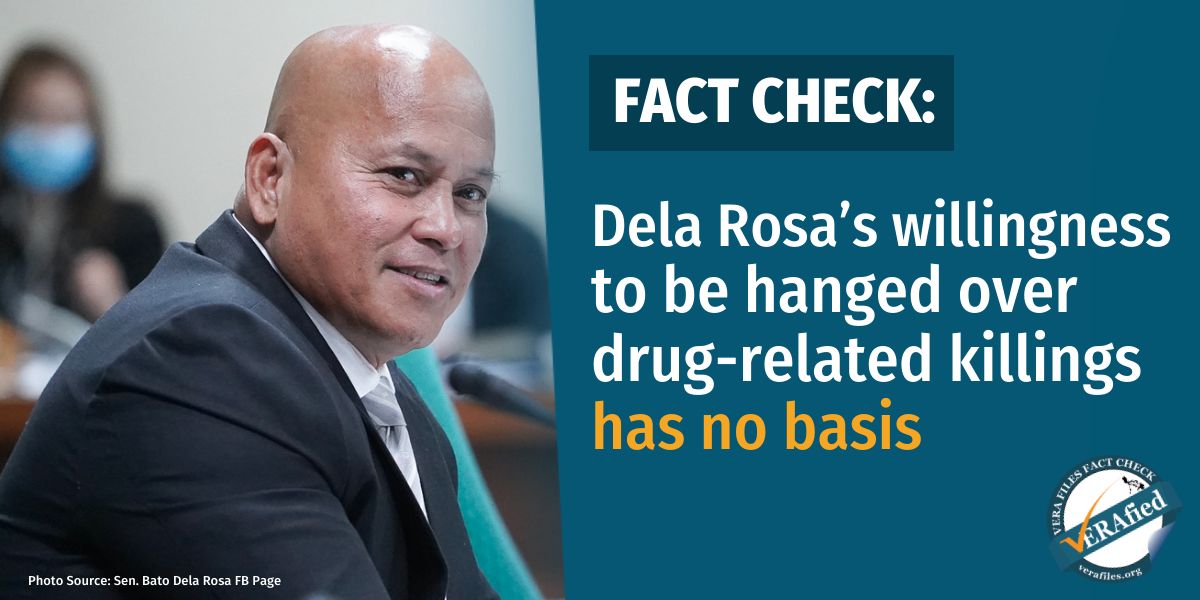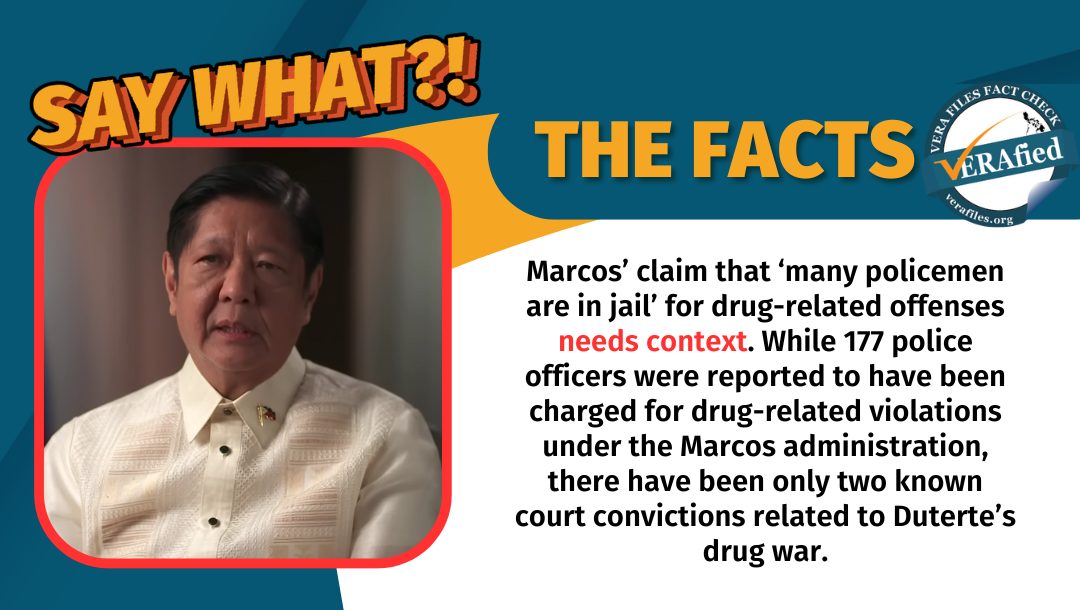The seizure of more than 990 kilograms of shabu (methamphetamine hydrochloride) with an estimated value of P6.73 billion in Manila last October was purportedly the biggest drug haul in the country. Law enforcers responsible for it are, however, facing investigations and criminal charges over a number of irregularities that the ongoing investigations are uncovering.
Members of the anti-drug operations teams that conducted the raid expected to be rewarded for the record-breaking haul. But closed-circuit television (CCTV) footage has surfaced, showing at least three of the team members loading heavy bags into a car parked near the building that was raided.
A week ago, Interior Secretary Benjamin “Benhur” Abalos Jr. said there was a “massive attempt to cover up” the arrest of dismissed MSgt. Rodolfo Mayo in connection to the drug haul.
Over the weekend, the Special Investigation Task Group (SITG) 990 said it found 49 members of the PNP Drug Enforcement Group (PDEG) to have “committed criminal and administrative liabilities” in relation to the anti-drug operation.
The PNP formed the SITG 990 to specifically look into irregularities committed by law enforcers who took part in the October 8 operation at the Wealth and Personal Development Lending on Jose Abad Santos Avenue in Sta. Cruz, Manila. Mayo, a dismissed anti-narcotics officer, supposedly owned the company.
BGen. Narciso Domingo, director of the PDEG, disputed Abalos’ statement, saying it was unfair that they are now the suspected accomplices of the suspects they arrested in the largest shabu catch in the history of the PNP.
The Senate Committee on Public Order and Dangerous Drugs chaired by Sen. Ronald “Bato” Dela Rosa, a former PNP chief, conducted its own investigation into the Oct. 8 operation and also uncovered other anomalous situations such as the assignment of police officers, whose names were included in the national drug watch list, to the PDEG.
During a Senate hearing on March 15, it came out that LtCol. Arnulfo Ibañez, officer in charge of the Special Operations Unit of the PDEG-NCR, for instance, was in the watch list and was sent to Region 7 as a punishment but was called to the PDEG-NCR in 2020. Ibañez then brought in Mayo, who had been sent to Basilan as a punishment for having been a “ninja cop” in the Manila Police District when Dela Rosa was PNP chief.
The irregularities in the Oct. 8 Sta. Cruz raid tend to prove the anomalies that have long been talked about in the government’s anti-drug campaign. These are the reasons why the illegal drug trade continues to flourish.
Former president Rodrigo Duterte admitted in 2019 that despite his brutal war on illegal drugs, the drug problem in the country had “worsened.” He had warned that the Philippines might end up like Mexico controlled by drug cartels.
“You can see the headlines — every day billions [of pesos] worth of drugs are entering the country. Look at the main [television] screen and the crawler, the running news at the bottom. It’s always about drugs, drugs and drugs,” he said then.
The investigations into the Sta. Cruz raid are focusing on two glaring issues: the inconsistencies surrounding the arrest of Mayo and the loading of a substantial portion of the seized shabu into private cars.
How Mayo got hold of almost 1 ton of shabu in his lending company’s premises is puzzling. The initial reports on the raid said Mayo was arrested in a follow-up operation on Quezon Bridge in Quiapo, and found to be in possession of 2 kg of shabu, worth P13.6 million. This was supposed to have happened hours after Ney Atadero was arrested and pointed to Mayo as his “superior.”
It was during the post-intelligence and investigation phase that the attempt to pilfer part of the shabu haul was discovered. Based on reports, three anti-drug operatives took 30 kg of the haul for safekeeping, which they said would be turned over to the tipster as a reward. But when the CCTV footage came out, they were told to surrender it.
On Oct. 15, seven days after the Sta. Cruz raid, two pieces of luggage containing the shabu were left in the trunk of a car parked in Camp Crame. When inventoried, the shabu surrendered weighed 42 kg. Where the extra 12 kg came from remains a puzzle.
Abalos said the investigations show “a massive cover-up of what happened.” He vowed to go deeper into it. “We will not allow this to happen. These people should be held accountable and the government should take this seriously.”
How extensive is the cover-up remains to be seen. So far, the highest-ranked official that the SITG 990 found liable for the alleged cover-up of irregularities committed by the anti-drug operatives is Domingo, PDEG’s former director. The task group also named two colonels, three lieutenant colonels, one major and five lieutenants. The rest were noncommissioned officers: two chief master sergeants; two senior master sergeants; five master sergeants; three staff sergeants; four corporals; and 21 patrolmen and women.
At the House of Representatives, Surigao del Sur Rep. Robert Ace Barbers, chairman of the dangerous drugs committee, said his panel’s initial findings show that “ninja cops” — police operatives involved in the resale of confiscated illegal drugs — and their informants declare only 30% of a drug haul then recycle and convert the rest of the confiscated drugs into cash.
Barbers said there was an “unwritten and discreet policy by rogue anti-drug agents” to keep 70% of every drug haul as “savings” and then resell them to make money.
But Director General Moro Virgilio Lazo of the Philippine Drug Enforcement Agency told the House and Senate in separate investigations that a tipster who had approached him had demanded a 30% cut of the seized drugs as a reward. He said it was the kalakaran (practice) in both the PDEA and the PNP.
Former PDEA and PNP chiefs quickly disputed Lazo’s statement about the tipster’s claim for a 30% cut as a reward. Lazo was even blamed for not arresting the tipster who told him that, and for not inquiring into who in the PNP and PDEA were engaged in such practice.
There must be more irregularities, intrigues and conflicting statements that will come out of the investigations. How the biggest shabu haul is becoming a big headache for both the PDEA and the PNP should not distract and mislead the probers from going after those who should be held accountable for the mess in the government’s anti-drug campaign.
It presents a good opportunity for the good men in the PNP and the PDEA to purge the bad ones and restore the public’s trust in the organization.
Here’s hoping that witnesses who hold crucial information that will lead to the conviction of people liable for the irregularities will not just disappear or die mysteriously in “accidents.”
The views in this column are those of the author and do not necessarily reflect the views of VERA Files.
This column also appeared in The Manila Times.
